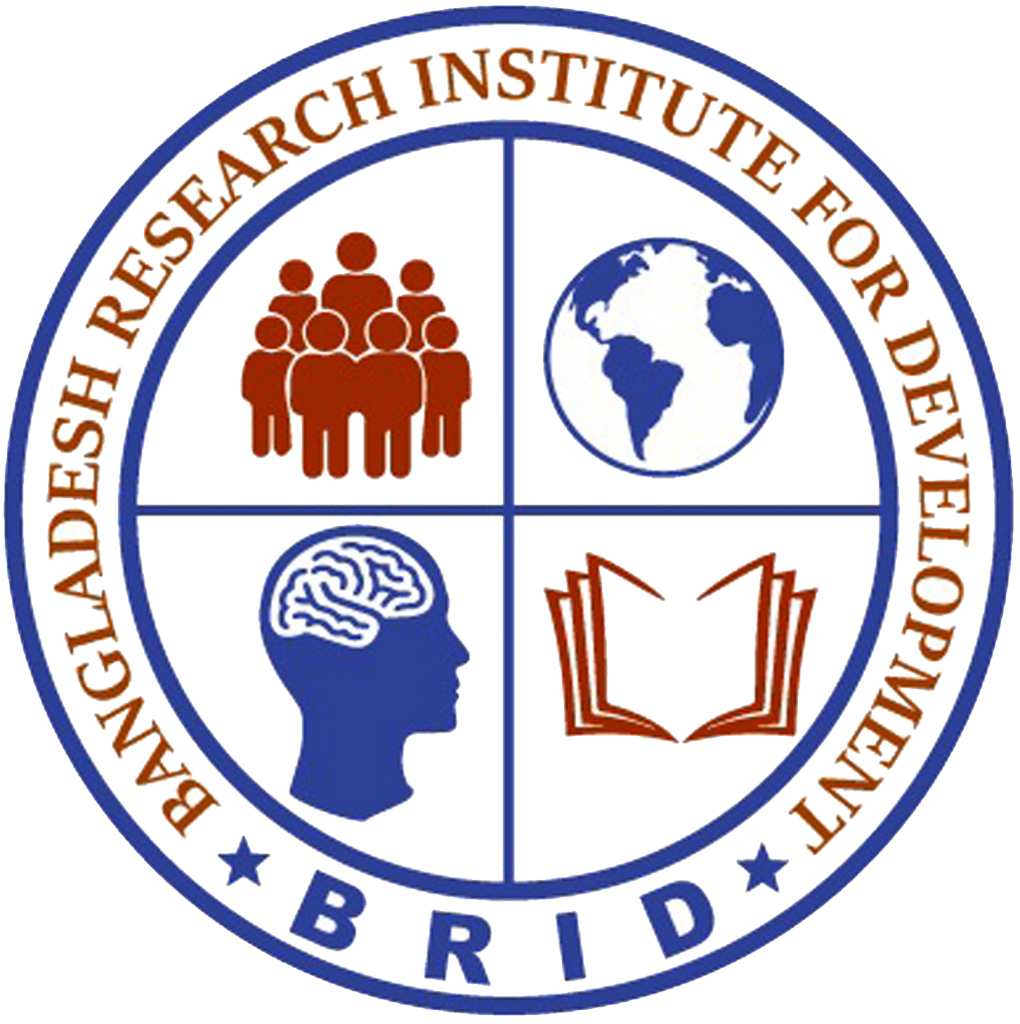Executive Summary
Effect on economic self-reliance and social empowerment of the clients (DFED members) and their families
- Occupation and income
- The clients of DFED are of diversified occupational background indicating that the organization serves individuals from multiple professions and industries.
- The majority of the DFED clients earn in the range of 25001 to 40000 BDT monthly while a significant portion, 34.6%) earns in the range of 10000 to 25000. Only a small portion of the respondent (0.8%) earn above than 1 lac.
- Housing
- The majority of the clients own their homes and smaller percentages renting or living on government-owned land.
- According to the field data, 52.6% of the respondents reported that they have land, excluding their homestead and rural clients are more likely to have land, other than their homestead.
- Education
- More than half of the clients of DFED have school going children and among them 69% of the respondent reported that they do not face difficulty managing the cost of their children’s education and are able to manage the expenses as their capacity to manage education costs for their children has enhanced by creating different income sources with DFED’s support.
- Food security
- The largest portion of the clients can intake a balanced diet both from urban and rural area and to 92.4% of the survey participant’s nutritious food is under their purchasing capacity and majority of their food purchasing capacity has increased than before.
- Health Status
- The majority of the survey participants are physically and mentally are in a good condition while only 0.5% rural respondent are in a very bad state both mentally and physically.
- Majority of DFED’s clients have access to health care services and seek medical facilities in govt. hospital as a significant number of the respondent face difficulty in bearing medical expenditure while the largest portion finds it neither difficult nor easy.
- More than half of the survey participants reported that emergency medical expenditure is surely manageable hence they have enough social capital to get helped in crisis.
Changes in the Group (Samity) Management and Bonding for Social Causes
- Majority of the respondent stated their friends and neighbors will surely help them in need and more than half of the respondent claimed they will surely get financial support to meet up financial crisis in case of emergency by their friends and neighbors which indicate that the clients have enough social capital to get helped.
- Respondent’s social acceptance has increased and their participation in social functions and festivals too as their soico -economic status has increased than before and as a result majority of the respondent maintains a good relationship with their neighbors.
- The bonding among community people is so strong that in case of emergency people will stand by one another and work with hand in hand.
Client satisfaction on DFED investment, savings and other financial services
- Client Satisfaction
- Majority of the clients of DFED has taken loan from DFED more than once and 91.1% of the respondents recommended their neighbors or friends to take loan from DFED which symbolize the satisfaction of its clients with loan and other services.
- 9% of the respondent claimed that people’s interest in DFED loan has increased than before and a number of factors such as shariah loan, low interest, good services, easy to procure, well management etc. are working behind increasing people’s interest in seeking loan from DFED.
- Almost three fourth of the clients claimed the office environment of DFED is very good and all of them opined that they are satisfied with field officer’s behavior.
- It’s DFED’s easy loan giving procedure which attracts people to receive loan from the organization according to 97.7% of the respondent (43.8% unban and 53.9% rural) while 2.3% believe the procedure as complex.
- Savings
- The study explored that majority of the respondent 96.9% both from urban (43.5%) and rural (53.4%) area have savings or insurance for meeting up future needs at least doing mandatory savings so that they do not have to face difficulty in repaying loan besides meet up other needs.
Contribution to the values, mission and vision of the organization:
- A significant number of the respondent firmly believed DFED through its operations increase Islamic values through its operations.
- 6.5% of the clients of DFED believe that it oppresses its clients while more than half of the clients firmly believe it doesn’t. (to be continued)

